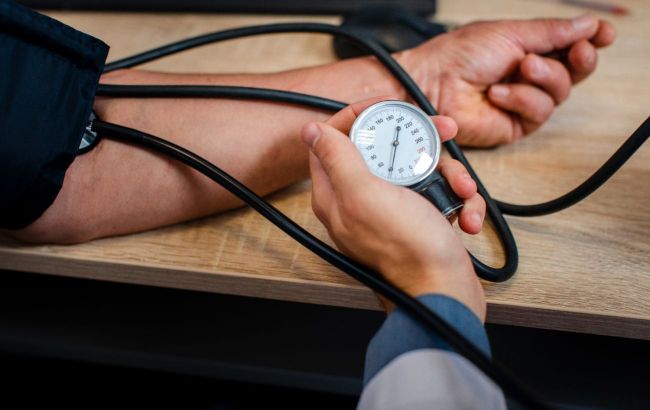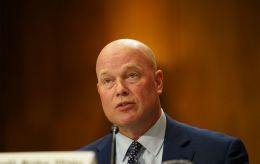Cardiologist tells why blood pressure rises sharply after 30 years
 Why blood pressure rises sharply after 30 years (photo: Freepik)
Why blood pressure rises sharply after 30 years (photo: Freepik)
Sudden changes in pressure can occur with age and should alert a person. The cardiologist named the reasons why blood pressure rises after the age of 30.
What leads to high blood pressure
According to cardiologist Natalia Ivaniuk, 80% of people will become hypertensive with age.
“Patients often say: “Doctor, but this didn't happen before, did it?” Very often this refers to blood pressure, that is, its increase. And young patients, who are 25-35 years old, say this at the reception,” the doctor added.
The reasons why low blood pressure in youth can turn into high blood pressure with age include
- decreased vascular elasticity
- impaired regulation of vascular tone
- atherosclerosis
- changes in kidney function and hormonal changes
- low physical activity
How to avoid hypertension
The doctor explained that hypertension is not hereditary.
To avoid blood pressure problems
- do not smoke
- control your weight (BMI - 25)
- eat a healthy diet (up to 5 g of salt per day, less sugar, unhealthy fats, and fast food)
- engage in physical activity
- drink enough water (- 1.5 liters per day)
- avoid stress (a psychologist or psychotherapist can help)
- sleep at least 7-8 hours a day
- minimize the consumption of alcohol and energy drinks
- do not take various dietary supplements, medicines, herbs, and teas without a doctor's advice
“Then hypertension will not catch up with you even at the age of 70,” she added.
It is important that much depends on the patient, and it is daily habits that have a decisive influence on whether you will develop hypertension.
What is considered high blood pressure
Systolic (upper) blood pressure is considered normal if it is less than 120 and diastolic (lower) blood pressure is less than 80 mm Hg.
Arterial hypertension is diagnosed in case of a constant increase in blood pressure (BP):
- more than 140 mm Hg (systolic)
- more than 90 mm Hg (diastolic)
High blood pressure without proper treatment can lead to heart attack, stroke, kidney or heart failure, visual impairment, and other complications.
We also wrote about two little-known symptoms on the face that indicate high blood pressure.
Sources: Instagram page of cardiologist Natalia Ivaniuk and the website of the Public Health Center.
This material is for informational purposes only and should not be used for medical diagnosis or self-treatment. Our goal is to provide readers with accurate information about symptoms, causes, and methods of detecting diseases. RBС-Ukraine is not responsible for any diagnoses that readers may make based on materials from the resource. We do not recommend self-treatment and advise consulting a doctor in case of any health concerns.

